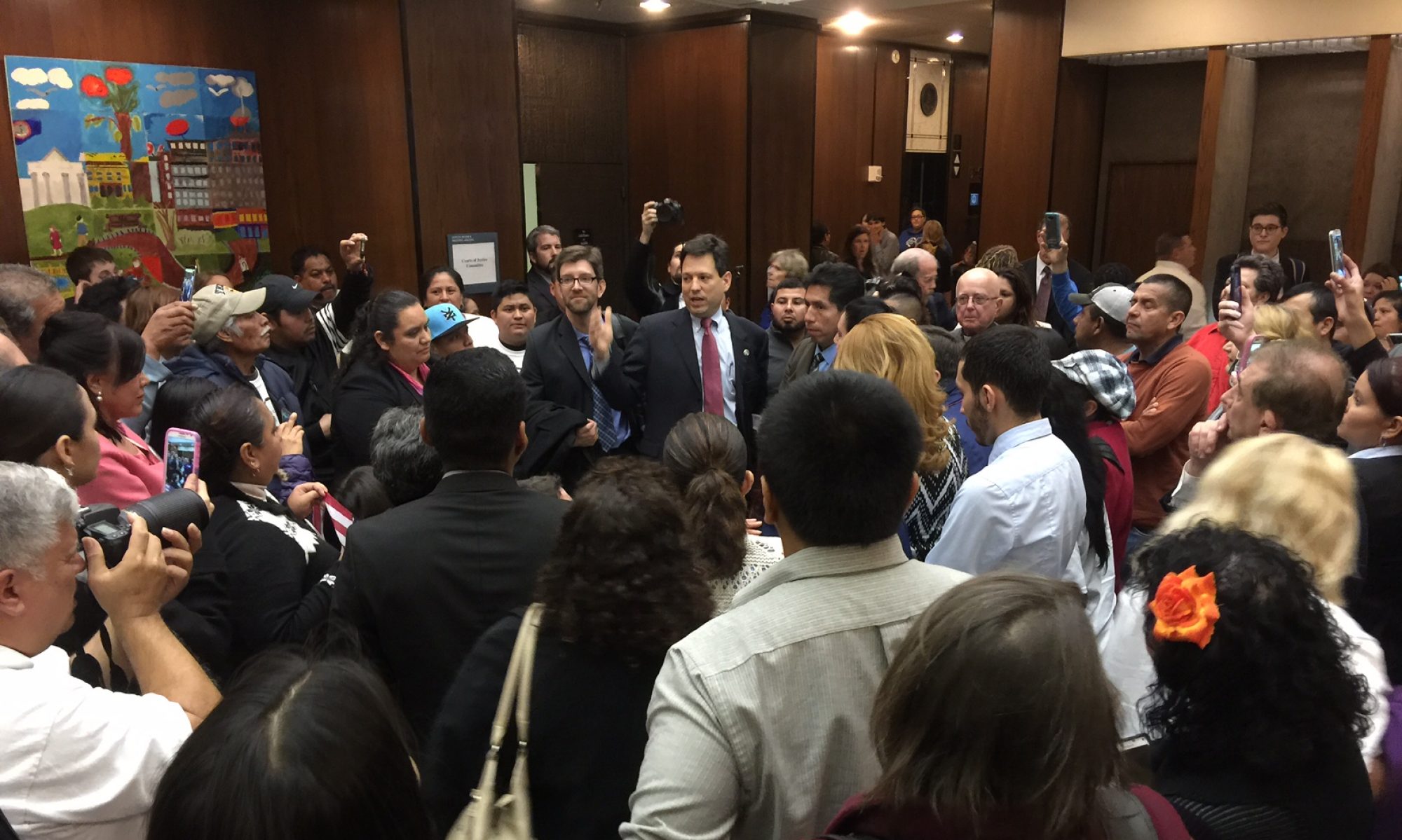The Virginia Declaration of Rights was written by George Mason who lived in Mason Neck on the Fairfax and Prince William County border. George Mason was a Virginia Delegate to the Constitutional Convention, but refused to sign the U.S. Constitution because it did not contain a bill of rights similar to what he had written and Virginia had enacted in 1776. Article I, Section 11 of the Constitution of Virginia provides “[t]hat in controversies respecting property, and in suits between man and man, trial by jury is preferable to any other, and ought to be held sacred.”
Civil jury trials rarely occur in Virginia for a variety of reasons. First, boilerplate arbitration clauses contained in “Terms and Conditions” robotically agreed to by consumers or long fine print provisions on written contracts frequently waive jury trial rights.
Next, Virginia has continued to adhere to ancient concepts rejected in 48 other states such as contributory negligence and assumption of risk which say that if someone is 1% to blame for their injuries, they can recover nothing instead of reducing their recovery by the amount they are to blame.
Virginia’s punitive damage cap of $350,000 is pocket change to most corporations and not a deterrent.
Finally, Virginia stands with Mississippi as the only two states in America that do not allow class action lawsuits at the state level which reduces’ consumers’ ability to leverage their power against corporate practices that hurt hundreds or thousands of people.
In 2020, we finally:
- Prohibited all loans over 36%
- Applied consumer protections to open end credit arrangements
- Raised Virginia auto insurance minimums for the first time in 40 years to account for increased medical cost and vehicle values.
To reform our civil justice system, we should:
- Restrict the use of mandatory arbitration
- Raise Virginia’s punitive damage cap to $10 million or eliminate it altogether
- Adopt comparative negligence
- Allow class action lawsuits in Virginia state court
